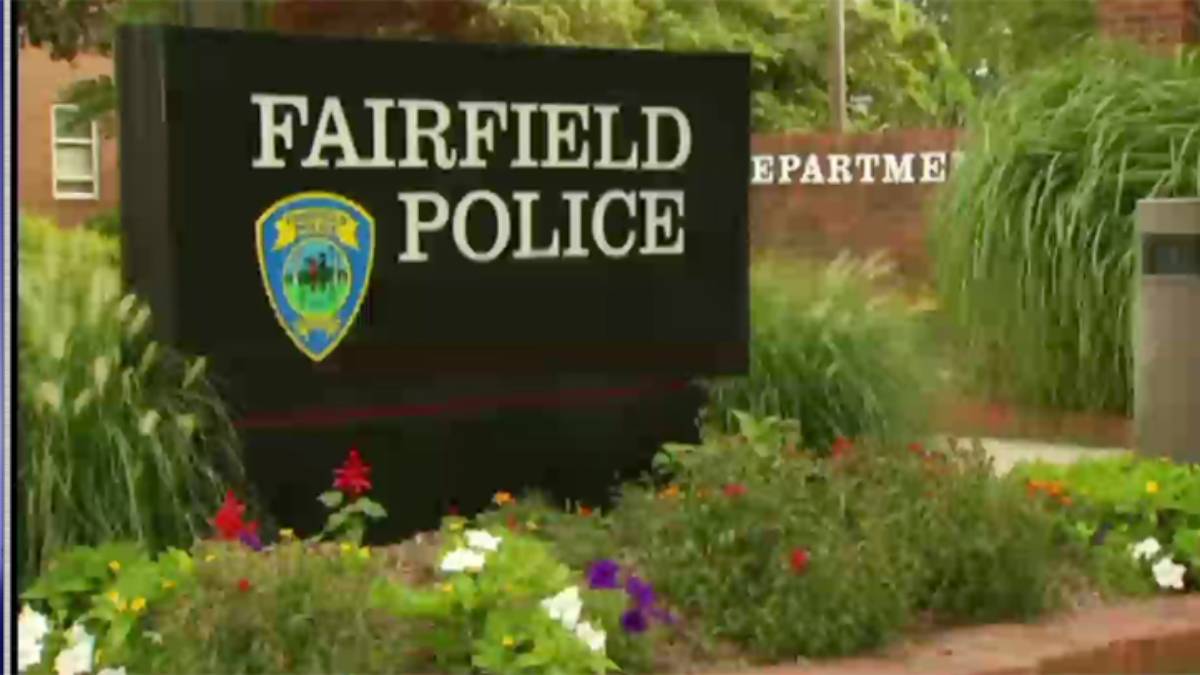What to Know
- Unvaccinated students in Rockland County schools affected by confirmed cases of measles were told to stay home Thursday
- There are currently 11 confirmed cases of the disease in Rockland County, health officials say
- Measles is a highly contagious disease; Additional cases were also reported in Brooklyn
Unvaccinated students in Rockland County schools affected by confirmed cases of measles were told to stay home Thursday.
There are currently 11 confirmed cases of the disease in Rockland County, health officials say.
According to Rockland County officials, the law authorizes the Commissioner of the State Department of Health or his or her designee to require unvaccinated students to stay home during a disease outbreak, which includes measles.
“These measures and precautions are necessary to protect unvaccinated students from measles. I recommend that parents of children who are unvaccinated or under-vaccinated see their medical provider as soon as possible so they can receive their first or second dose of MMR vaccine,” said Commissioner Dr. Patricia Schnabel Ruppert.
Students are considered protected against measles if they have received the Measles¬ Mumps-Rubella (MMR) vaccine. Unless otherwise indicated, two doses of MMR vaccine are required for a student to remain in school, according to the Rockland County Department of Health.
If additional cases of measles occur in these schools, students who have not received their first dose of MMR vaccine will need to remain home for an additional 21 days after the date of last exposure in the schools.
Previously unvaccinated children who receive the first dose of MMR vaccine between Oct. 18, 2018, and Nov. 3, 2018, may return to school on or after Nov. 3, 2018. However, if the outbreak persists past Nov. 3, these students must get a second dose 28 days after they received the first or they will need to remain home.
Local
Children who develop a fever and rash should be kept home from school or day care while they seek doctor's treatment.
Measles is a highly contagious disease. Young children, the immunocompromised, and non-immune pregnant women are at highest risk for severe complications. Measles is transmitted by airborne particles, droplets, and direct contact with the respiratory secretions of an infected person.
Measles typically presents in adults and children as an acute viral illness characterized by fever and generalized rash. The rash usually starts on the face, proceeds down the body, and may include the palms and soles. The rash lasts several days. Infected individuals are contagious from four days before rash onset through the fourth day after rash appearance.
Six children in Brooklyn were also diagnosed with measles after one of them apparently returned from Israel with the highly contagious disease and exposed others to it, city health officials say.



